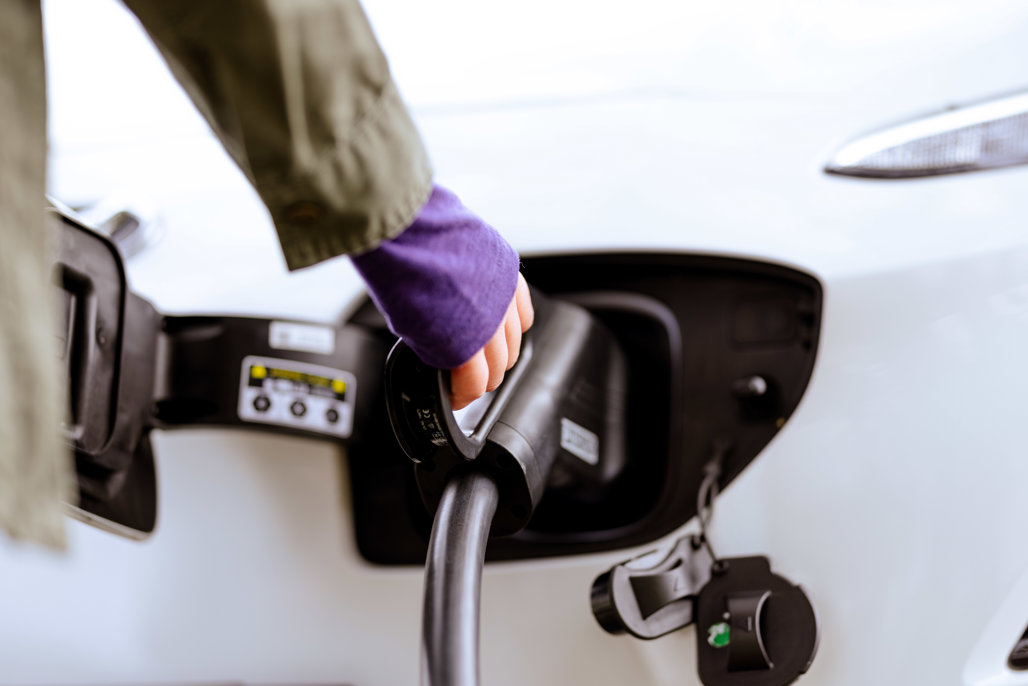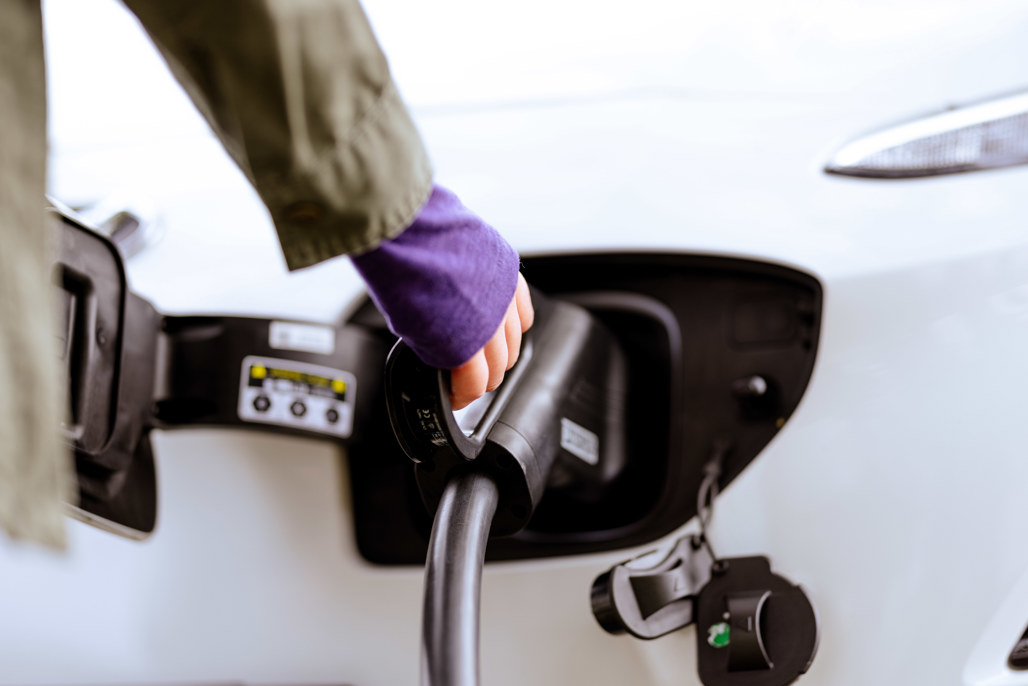This article was originally published on 6 September, 2023.
National will build 10,000 EV chargers - 10 times more than currently exist - party leader Christopher Luxon said at a meeting in Christchurch this morning.
Luxon said National would invest $257m over four years to build the chargers, and revive the "highly successful" Ultra-Fast Broadband (UFB) funding model, which blended public and private sector investment.
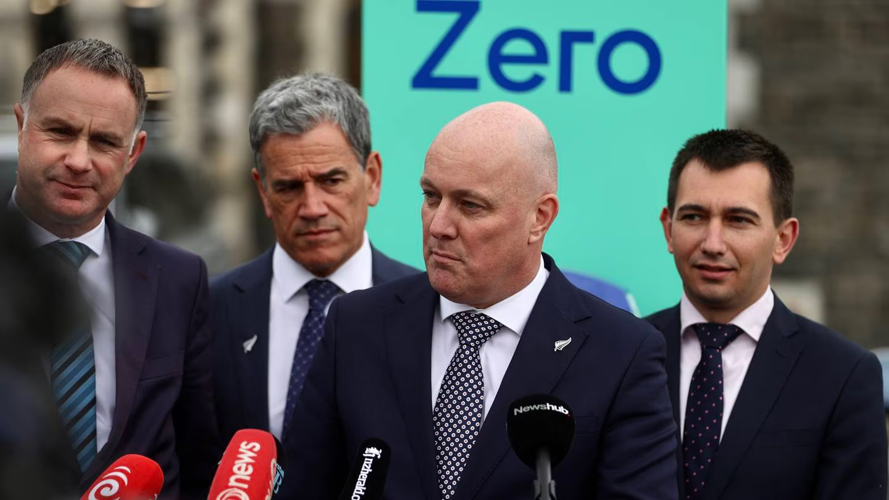
He also reiterated National's promise to axe the so-called "ute tax", the Clean Car Discount which subsidises EV purchases by taxing high-emitting vehicles. Earlier this year the Government said that the Clean Car Discount had been so successful it would drive 50 per cent greater emissions reductions than forecast.
“Supercharging EV Infrastructure is part of National’s plan to rebuild the economy. After six years of Labour’s economic mismanagement, the economy is in recession, wages haven’t been keeping up with inflation and mortgage rates are hitting Kiwis in the back pocket,” Luxon said.
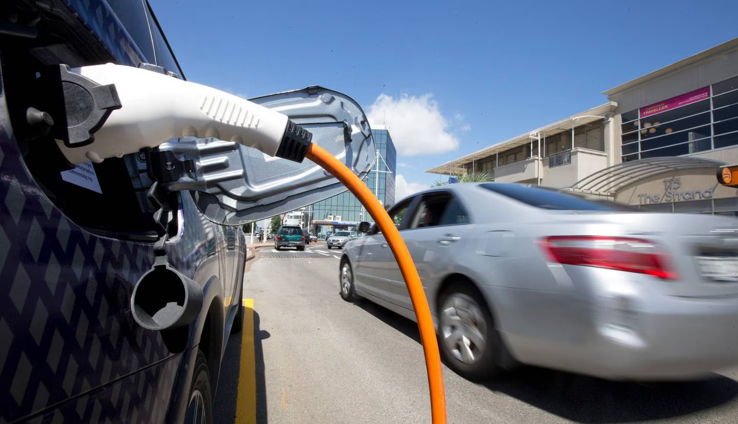
“National will get our economy back on track by delivering the infrastructure New Zealand needs for the future.“
Around 20 per cent of New Zealand’s total emissions come from transport, so embracing EVs is crucial to delivering our climate change commitments he said.
"Kiwis won’t switch to an EV if they are anxious about whether they will be able to recharge it when and where they need to. Under the Labour Government, investment in public EV infrastructure has not kept pace with the rising number of EVs and New Zealand now has the fewest public chargers per electric vehicle in the OECD.

"You look at the ratio of cars to charging units and its a major problem."
Alongside the promise of new chargers, Luxon wants to double the amount of renewable electricity.
"We are going to meet our commitments and obligations," Luxon said on being questioned about why he is committed to the Net Zero 2050 over the 2030 targets.
"Climate change is a very important portfolio.... and it's going to become an increasingly economic portfolio."

Luxon would not comment on whether his wife got the clean car discount for her EV - a Tesla Model Y - and said the current clean car discount benefited people who can already afford an EV.
Drive Electric, a not-for-profit that promotes the mainstreaming e-mobility to support New Zealand's low-carbon future, welcomed National's policy to build more chargers.
"New Zealand’s public charging infrastructure is lagging behind the world, and so we strongly support any additional investment to create a world class network of chargers for EVs drivers today and tomorrow. Eventually almost all New Zealanders will come to depend on this network, directly or indirectly," said Drive Electric chair, Mark Gilbert.
Gilbert agreed that public investment can spark private sector investment many times over, and touched on the range of companies in New Zealand "ready to deploy networks", including Jolt, ChargeNet, Tesla, Meridian, BP and Z Energy.
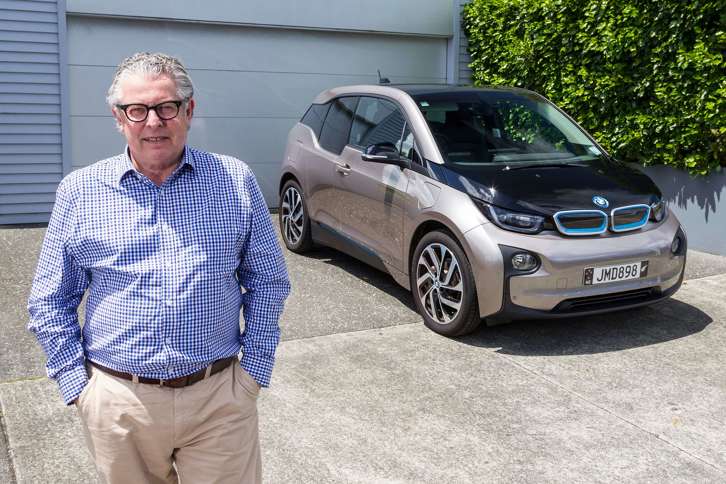
"Funding that is provided flexibly and support of driver demand is essential," he said.
ChargeNet, New Zealand's largest charging network, also welcomed National's announcement, with CEO Danusia Wypych saying efforts to strengthen and diversify EV market growth, as well as charging infrastructure in New Zealand must be maintained as the cost of an EV approaches price parity with internal combustion vehicles within the next five years.
“I have recently returned from a European market insights tour, where there is a public charger for approximately every 10 EVs on the road," Wypych said.
"In New Zealand, that ratio is closer to one charger for every 100 EVs. The demand is already there.

“We have been investing heavily in the ChargeNet network for seven years: for any dollar the Government has invested with us in charging infrastructure, we invested a further three dollars. The announcement of greater funding and the freedom for private investors to be more targeted with their funding will ensure that infrastructure is being built in step with EV market uptake," she said.
Both organisations expressed concern around National's pledge to scrap the Clean Car Discount, saying that there was an important role for both the Clean Car Discount and Clean Car Standard, because "it is a policy that has delivered results."
"At the end of 2020 EVs had 2.3% market share of light vehicle sales, by the end of 2022 they made up 10.67%," said Gilbert.
"This year that figure will be higher still. But, in total EVs are not yet quite 2% of the total light fleet. We should see sticker prices come down to meet those of ICEs over the next couple of years, which would be the time to consider phasing out incentives."
While Wypych said that while we’re now at a point where EVs are a mainstream purchasing consideration, there is still a few years to go before EVs reach price parity with internal combustion vehicles.
"The removal of the Clean Car Discount is premature, as it may deter some drivers from making the switch,
and slow down the growth of the market,” she said, adding that she considered EVs to already make sound economic sense.
“We’re confident that EV adoption can and will continue even if the Clean Car Discount is removed, however it will be an important tool to encourage growth as a second-hand market for EVs continues to develop.”
